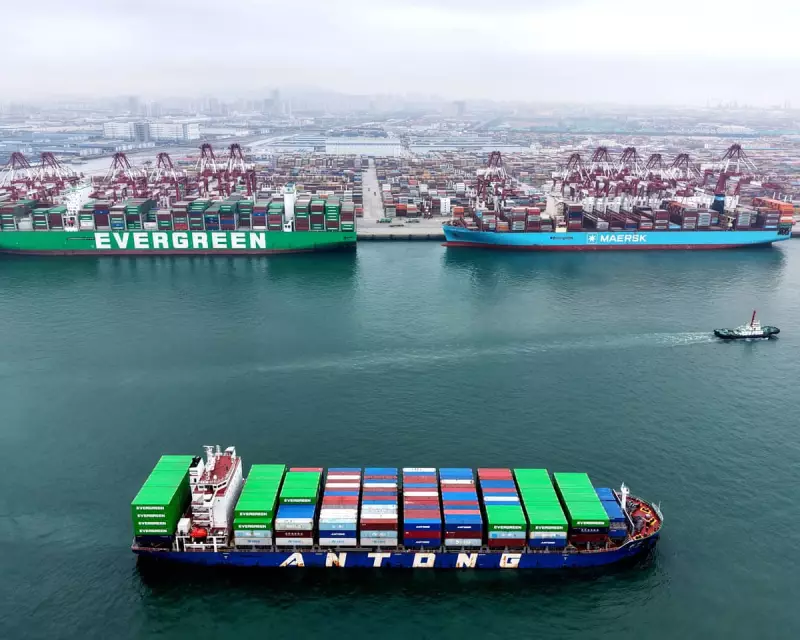
New economic figures from China have painted a concerning picture of the world's second-largest economy, revealing its slowest growth rate since the pandemic recovery period. The latest data shows China's economic expansion cooling significantly, sending ripples through global financial markets.
Property Market in Peril
The Chinese property sector, long considered a cornerstone of the nation's economic success, continues to show alarming weakness. House prices fell for the thirteenth consecutive month, declining 4.6% in September compared to the same period last year. This persistent downturn in the real estate market represents one of the most significant challenges facing policymakers in Beijing.
Stock Markets React
Asian markets responded nervously to the disappointing economic indicators. Hong Kong's Hang Seng index dropped 1.2%, while mainland Chinese benchmarks also saw declines. The negative sentiment spread to European markets, with the FTSE 100 opening lower as investors digested the implications of China's slowing growth.
Broader Economic Context
The economic slowdown comes amid ongoing challenges for China's manufacturing and export sectors. While industrial production showed some resilience with a 5.8% increase in September, this failed to offset concerns about weakening domestic demand and the protracted property crisis.
Global Implications
As a crucial engine of global growth, China's economic health has far-reaching consequences. The current slowdown raises questions about the strength of the worldwide economic recovery and could impact everything from commodity prices to international trade flows. Investors and policymakers worldwide will be watching closely to see how Chinese authorities respond to these mounting challenges.





